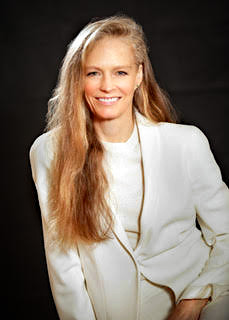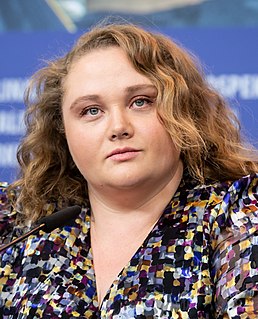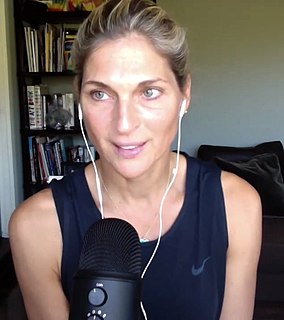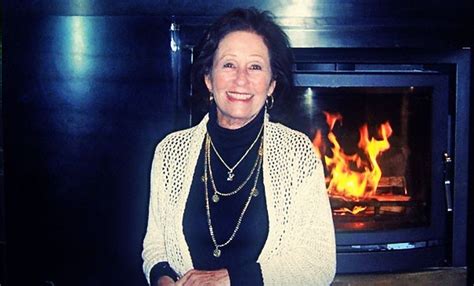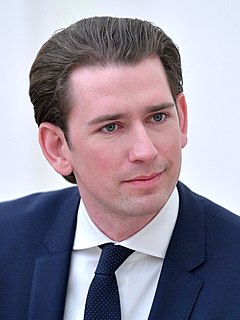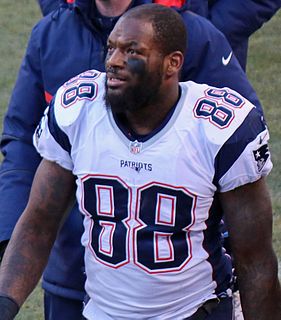A Quote by Malorie Blackman
In a television interview, I said that diversity in our children's books should include the adventures of disabled children, travellers and gipsies, LGBT teens, different cultures, classes, colours, religions. It shouldn't be a token gesture, nor do such stories need to be 'issue-based'.
Related Quotes
Diversity is just 'the world.' It's different cultures, different backgrounds, different ethnicities, different religions, genders, sexual orientation, shapes, sizes. That is the world, but we call it 'diversity' because there is this one type that has always been accepted in the media, and it's finally starting to change.
Creating harmony amidst diversity is a fundamental issue of the twenty-first century. While celebrating the unique characteristics of different peoples and cultures, we have to create solidarity on the level of our common humanity, our common life. Without such solidarity, there will be no future for the human race. Diversity should not beget conflict in the world, but richness.
The issue of equal rights for lesbian, gay, bisexual and transgender individuals has vexed politicians for decades. I have my own cloudy history with the issue, having supported a law in Mississippi that made it illegal for LGBT couples to adopt children. I believed at the time this was a principled position based on my faith.
Of course all children's literature is not fantastic, so all fantastic books need not be children's books. It is still possible, even in an age so ferociously anti-romantic as our own, to write fantastic stories for adults: though you will usually need to have made a name in some more fashionable kind of literature before anyone will publish them.




